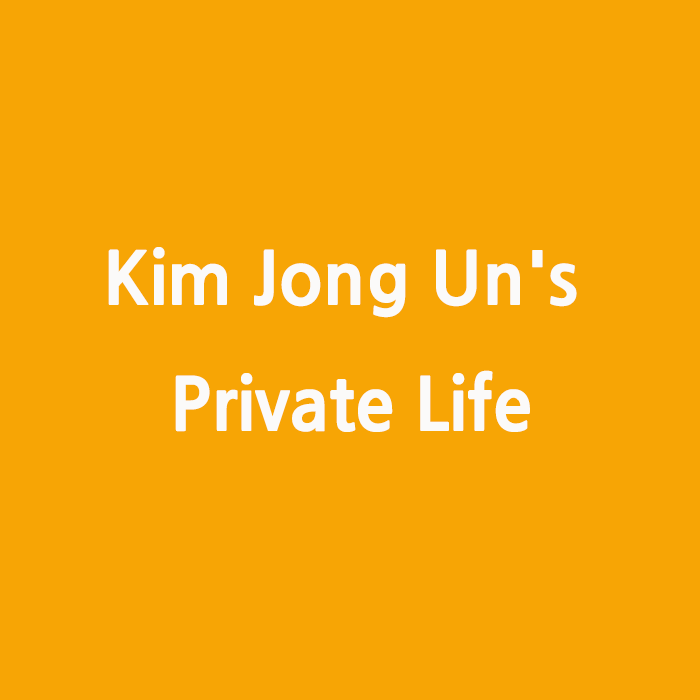Analysis of the Security Situation on the Korean Peninsula in 2023
Analysis of the Security Situation on the Korean Peninsula in 2023
North Korea
The new year has begun in 2023, but the security situation on the Korean Peninsula is escalating more sharply than ever.
From New Year's Day, Kim Jong-un defined the South as a "clear enemy" and ordered the production of large amounts of tactical nuclear weapons, making the threat of a nuclear attack on the South more clear. In addition, Kim Jong-un announced that he would increase his nuclear warhead holdings exponentially and produce large amounts of tactical nuclear weapons this year, declaring his will to "live and die in nuclear weapons" at home and abroad. Meanwhile, North Korea has stepped up efforts to develop a new intercontinental ballistic missile (ICBM) and expressed its willingness to launch its first military reconnaissance satellite in the shortest period of time.
North Korea's commitment to nuclear attack on South Korea, missile development, and deployment all-out efforts.
The KCNA said on the 1st that Kim Jong-un emphasized in his report to the 6th plenary session of the Workers' Party's Central Committee from December 26 to 31, 2022, "The current situation, which the South Korean terrorists have no doubt, highlights the importance and necessity of producing large amounts of tactical nuclear weapons and demands that the country's nuclear weapons be increased exponentially." The news agency then said, "We have declared a 'transformation strategy for nuclear force and defense development in 2023' with this as the basic center."
Kim Jong-un also stressed the importance of strengthening nuclear force, saying, "Our nuclear force considers war deterrence and peace stability as its first mission, but if it fails to contain it, it will also carry out a second mission," adding, "The second mission is definitely not defense." He reiterated his willingness to use nuclear weapons as a means of preemptive strike in case of an emergency.
From October 2006 to September 2017, North Korea conducted six nuclear tests to increase its explosive power, and since then, it has been focusing its efforts on developing and deploying ballistic missiles that are within range, including the North Korean version of Iskander, which will carry nuclear warheads.
North Korean leader Kim Jong-un's willingness to increase nuclear weapons production and attack clearly defines South Korea as an "enemy," and intends to secure legitimacy for North Koreans and promote fear in South Korea by drawing up a confrontation of war in advance. Not long ago, North Korea's invasion of South Korean airspace seems to be a spy operation to create military tension. Given North Korea's attitude, there may be small or large conflicts between the two Koreas in 2023.
South Korea
President Yoon Seok-yeol visited the National Crisis Management Center on New Year's Day to check his readiness with the Joint Chiefs of Staff and other military commanders, stressing that North Korea will continue to provoke nuclear and missile threats by various means.
Establishment of Strong Punishment for North Korea's Provocation
Defense Minister Lee Jong-sup held an emergency meeting with the commanders of each military operation and called for stern and strong punishment in terms of self-defense if North Korea provokes. The ministry also issued a strong warning against North Korea. In other words, it said, "If North Korea attempts to use nuclear weapons, the Kim Jong-un regime will be put to an end." Amid threats such as North Korea's missile provocations on New Year's Day and suggestions of using preemptive nuclear weapons, South Korea expressed its willingness to respond in the tough term "end of the regime" by North Korea.
In the end, both North and South Korea are expected to continue their military conflicts and tensions on the Korean Peninsula this year, as both North and South Korea take a "strong-to-strong" stance.


